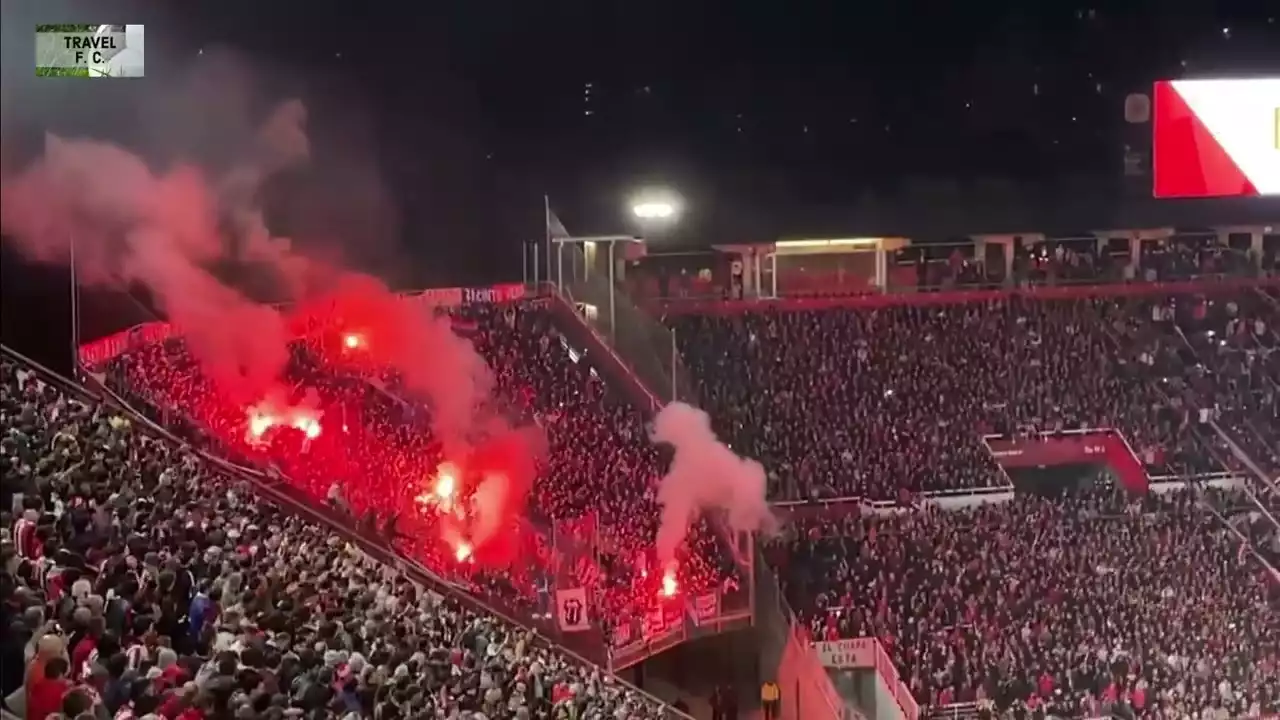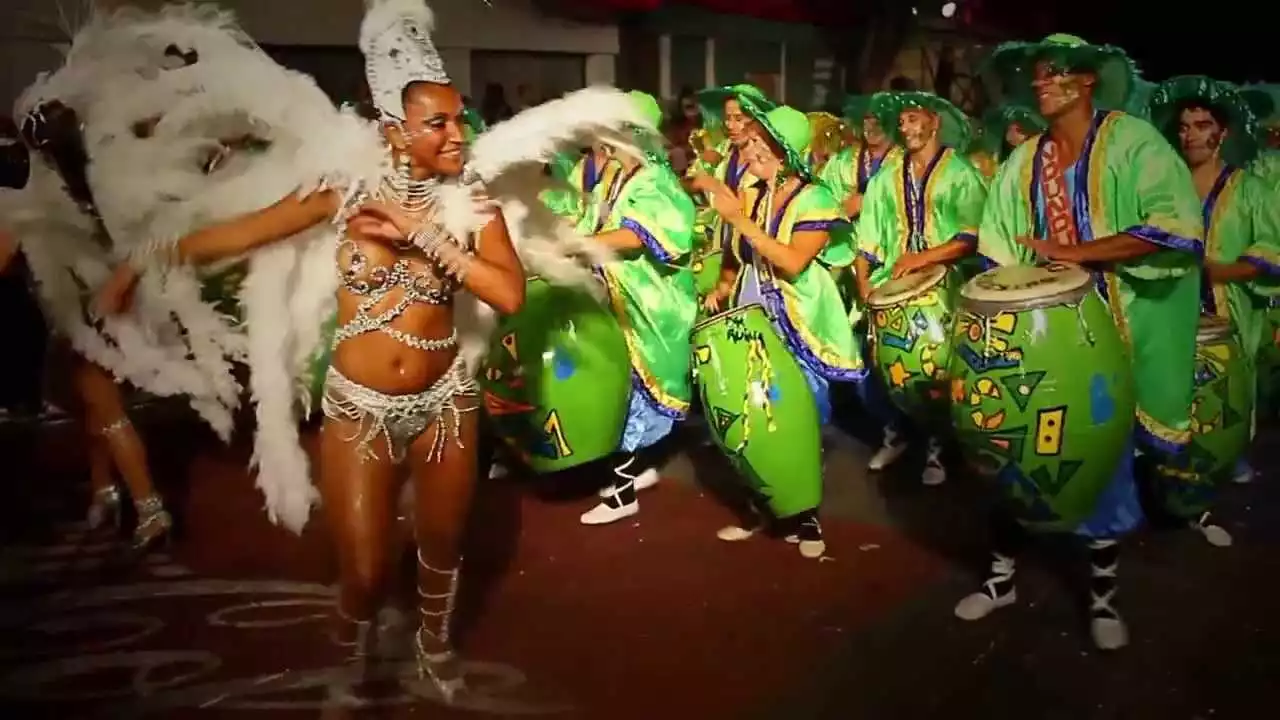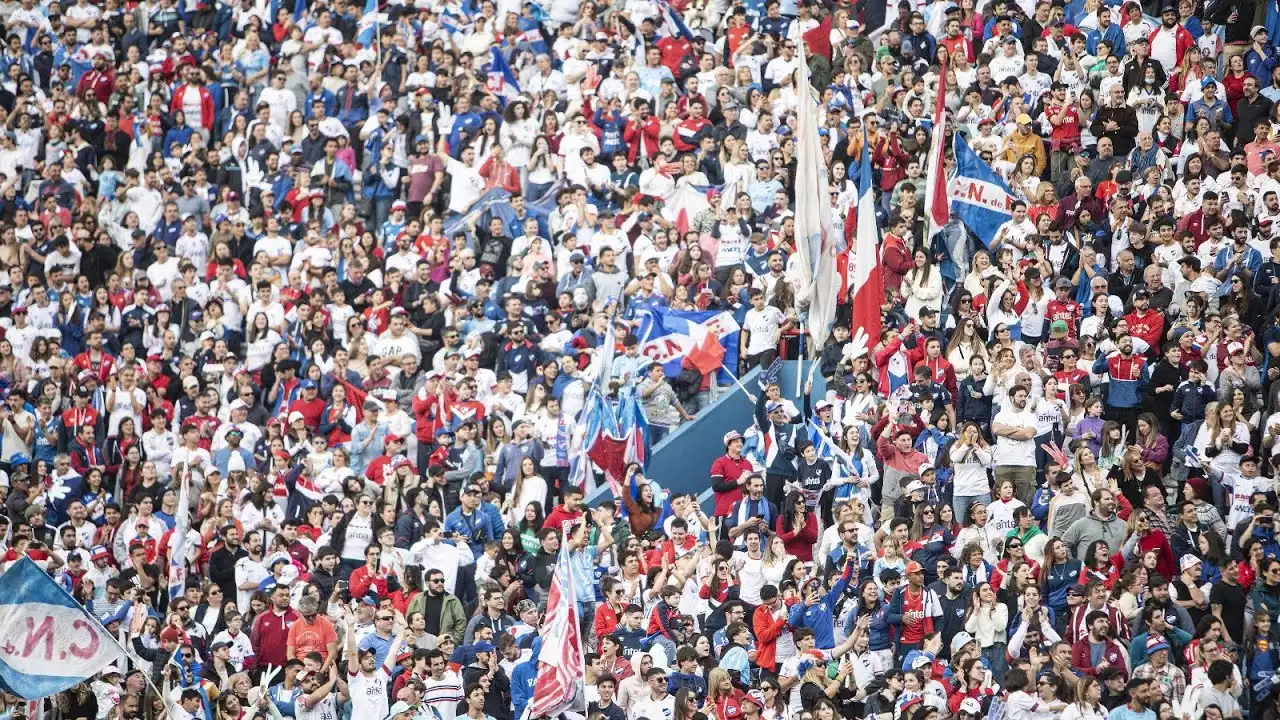The Importance of Fan Rituals and Chants in Football Culture
Football is more than just a sport in Uruguay; it is a way of life. The passion runs deep, and the fans play a crucial role in creating the electric atmosphere that sets Uruguayan football apart. Fan rituals and chants are an essential part of this culture, as they serve to unite the crowd and inspire the players on the field. These traditions have been passed down through generations, and they have become a symbol of identity and pride for the fans. From the moment the teams step onto the pitch, the chants and rituals begin, creating an immersive experience that is unlike any other. The energy and enthusiasm of the fans are contagious, and they fuel the players' performance, creating a symbiotic relationship between the two. The bond between the fans and the team is strengthened through these rituals, fostering a sense of belonging and community that extends far beyond the 90 minutes of play.
Fan rituals and chants also serve as a form of protest and expression of social and political issues. In Uruguay, football has often been a platform for activism, with fans using their voices to raise awareness and fight for causes they believe in. The power of these chants and rituals lies in their ability to convey a message and unite people under a common goal. Whether it's a call for justice or a celebration of victory, these traditions have the power to transcend the boundaries of the sport and make a lasting impact on society.
The History and Significance of the "Garra Charrúa" Chant
One of the most iconic chants in Uruguayan football is the "Garra Charrúa." This chant dates back to the early 20th century and is deeply rooted in the country's history and culture. "Garra Charrúa" translates to "Charrúa claw" and is a reference to the indigenous people of Uruguay, known for their warrior spirit. The chant embodies the fighting mentality and resilience that the Uruguayan national team is known for. It is a rallying cry that inspires both the players and the fans to give their all on the field. The chant is accompanied by rhythmic clapping and a thunderous roar that reverberates throughout the stadium, creating an atmosphere that is nothing short of electrifying. The "Garra Charrúa" chant has become a symbol of national pride and identity, representing the indomitable spirit of Uruguayans both on and off the football pitch.
The "Carnaval" Tradition and Its Impact on Matchday Atmosphere
Uruguay is famous for its vibrant and colorful carnival celebrations, and this festive spirit spills over into the football stadiums. The "Carnaval" tradition is deeply ingrained in Uruguayan culture, and it adds an extra layer of excitement to matchday atmospheres. Fans dress up in elaborate costumes, paint their faces, and bring musical instruments to the stadiums, creating a carnival-like atmosphere that is both visually stunning and incredibly energetic. The sound of drums and trumpets fills the air, and the crowd erupts into spontaneous dances and chants. The "Carnaval" tradition not only adds to the spectacle of the game but also fosters a sense of unity and joy among the fans. It is a celebration of life, culture, and football, and it brings people from all walks of life together in a shared experience of pure exhilaration.
The "Tribuna Colombes" Experience - A Unique Fan Ritual
The "Tribuna Colombes" is a section of the Estadio Centenario, the historic stadium in Montevideo that hosted the first-ever FIFA World Cup final in 1930. This section is known for its passionate and dedicated fans, who have developed a unique ritual that sets them apart from the rest. Before every match, the fans in the "Tribuna Colombes" raise their arms and link them together, creating a human chain that spans the entire section. This ritual symbolizes the unity and solidarity among the fans, as well as their unwavering support for the team. The visual spectacle of hundreds of arms raised in unison is a sight to behold and adds to the already electric atmosphere in the stadium. The "Tribuna Colombes" experience is a testament to the power of fan rituals in creating a sense of belonging and camaraderie among supporters. It is a tradition that has stood the test of time and continues to inspire generations of fans.
The "Candombe" Drumming Tradition and Its Connection to Football
The rhythmic beats of the "Candombe" drums are an integral part of Uruguayan culture and have found their way into the football stadiums. "Candombe" is a traditional Afro-Uruguayan music genre that originated in the neighborhoods of Montevideo. It is characterized by its infectious rhythms and energetic performances, which often involve dancers and drummers parading through the streets. These drumming traditions have become synonymous with football in Uruguay, with fans incorporating them into their chants and rituals. The sound of the drums reverberates through the stadium, creating a pulsating rhythm that fuels the passion and energy of the fans. The "Candombe" drumming tradition adds a unique flavor to the matchday experience in Uruguay, infusing it with the spirit of Afro-Uruguayan culture and creating a vibrant and unforgettable atmosphere.
The "Pasion Tricolor" - Nacional's Fan Rituals and Chants
Nacional, one of Uruguay's most successful football clubs, has a fan base known as the "Pasion Tricolor" (Tricolor Passion). The fans of Nacional are known for their unwavering loyalty and dedication to the club, and they have developed a rich repertoire of rituals and chants that are synonymous with their identity. One of the most famous chants of the "Pasion Tricolor" is "Dale Campeón" (Go Champion), which is sung with fervor and passion before, during, and after matches. The chant is accompanied by waving flags and banners, creating a sea of green and white in the stands. The "Pasion Tricolor" also organizes elaborate displays of loyalty, such as giant tifo banners and choreographed card displays, which add to the visual spectacle of matchdays. The rituals and chants of the "Pasion Tricolor" embody the spirit of Nacional and serve as a rallying cry for the team and its fans. They are a testament to the deep connection between the club and its supporters and the power of unity and passion in football.
The "Carbonero" Spirit - Peñarol's Fan Rituals and Chants
Peñarol, Nacional's arch-rival, also has a passionate and dedicated fan base known as the "Carbonero" (Coal Miner). The "Carbonero" spirit is characterized by its fierce loyalty and intense rivalry with Nacional. The fans of Peñarol have their own set of rituals and chants that are deeply ingrained in the club's history and culture. One of the most iconic chants of the "Carbonero" is "Soy del Barrio" (I'm from the Neighborhood), which pays homage to the working-class roots of the club and its supporters. The chant is accompanied by powerful displays of loyalty, such as the iconic waving of black and yellow flags and the lighting of flares. The "Carbonero" spirit is fueled by the desire to outshine their rivals and assert their dominance on the football pitch. The rituals and chants of the "Carbonero" embody the fierce passion and unwavering dedication of Peñarol's fans, making matchdays against Nacional an intense and unforgettable experience.
Other Notable Fan Rituals and Chants in Uruguayan Football
While Nacional and Peñarol are the most prominent clubs in Uruguay, there are numerous other teams that have passionate and dedicated fan bases. For example, Danubio FC has a fan group known as "La Banda del Parque" (The Park Band), who are known for their vibrant displays of loyalty and their creative chants. Similarly, Club Atlético River Plate has a fan base known as "Los Darseneros" (The Dockers), who are known for their mesmerizing choreography and powerful chants. These fan rituals and chants add to the rich tapestry of Uruguayan football culture, showcasing the diversity and passion of the fans across the country. Whether it's the waving of flags, the lighting of flares, or the intricate choreography, these rituals and chants create an atmosphere that is truly unique to Uruguay. They are a testament to the power of fan culture in shaping the football experience and creating a sense of belonging among supporters.
The Enduring Power of Matchday Traditions in Uruguay
Matchday traditions in Uruguay are a testament to the deep-rooted passion and love for football in the country. From the iconic chants of "Garra Charrúa" to the vibrant "Carnaval" tradition, these rituals and chants create an atmosphere that is unlike any other. They serve as a rallying cry for the players and a source of unity for the fans, fostering a sense of belonging and community. The power of these traditions lies in their ability to transcend the boundaries of the sport and make a lasting impact on society. They are a celebration of culture, identity, and shared experiences, and they have the power to inspire generations of fans. So, the next time you find yourself in Uruguay, make sure to immerse yourself in the matchday traditions, grab your jersey, join the crowd, and let the chants and rituals transport you to a world where football is more than just a game—it's a way of life.










